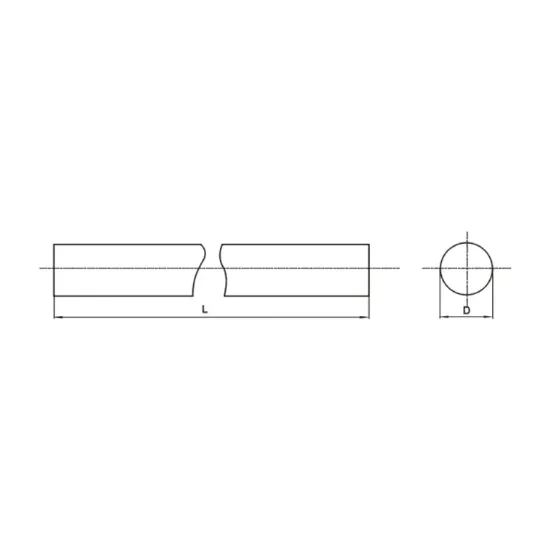Cemented carbide drill bits have become a trusted component in modern machining. Built from a composite of carbide particles and metallic binder, these tools are engineered to handle high-stress drilling operations with minimal wear. Their integration into industrial processes reflects the demand for consistency and strength in tool performance.
In sectors where material hardness presents a challenge, such as in alloy processing or aerospace components, cemented carbide drill bits are a practical choice. They are capable of penetrating surfaces that may dull or deform other tools, maintaining their sharpness under demanding conditions.
The construction of these bits enables them to distribute heat more effectively, reducing thermal distortion. This trait not only protects the tool but also safeguards the integrity of the material being drilled. In many cases, the result is a cleaner bore with tighter dimensional accuracy.
Compared to softer tool materials, cemented carbide offers reduced cycle times and longer operational life. This can translate into improved throughput in automated systems where frequent tool replacements would slow productivity. In manual operations, the stability of carbide bits helps achieve better control, particularly in delicate or complex drilling tasks.
Operators often select specific geometries or coatings to suit various applications. While the base material is highly durable, the cutting angles and flute design influence chip removal and hole quality. Adapting these factors allows users to fine-tune performance across multiple project types.
Cemented carbide drill bits serve not only as cutting instruments but also as a way to enhance efficiency across machining environments. Their role continues to grow as materials and manufacturing techniques evolve, offering a reliable solution where strength and precision are key requirements.





